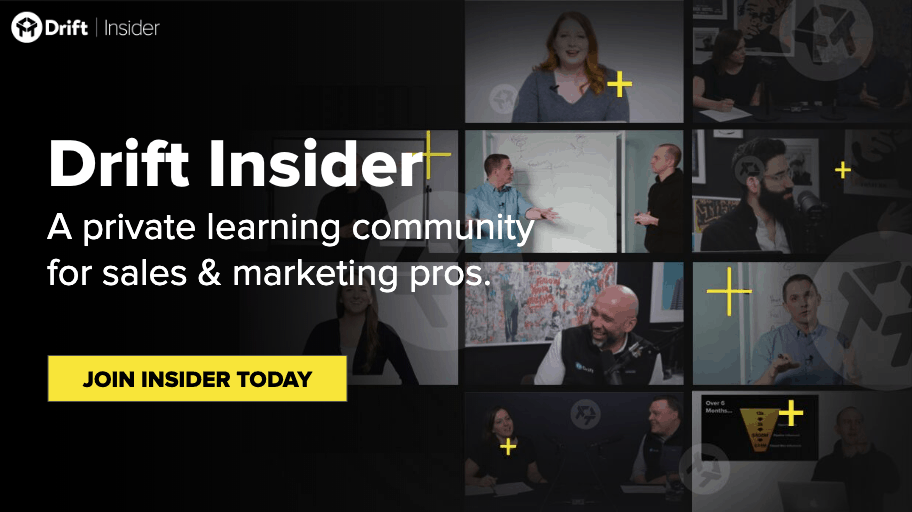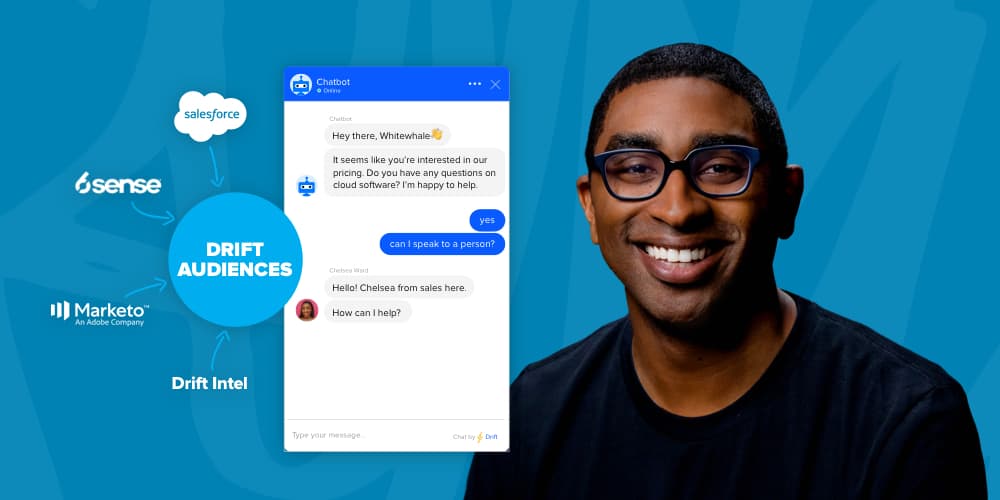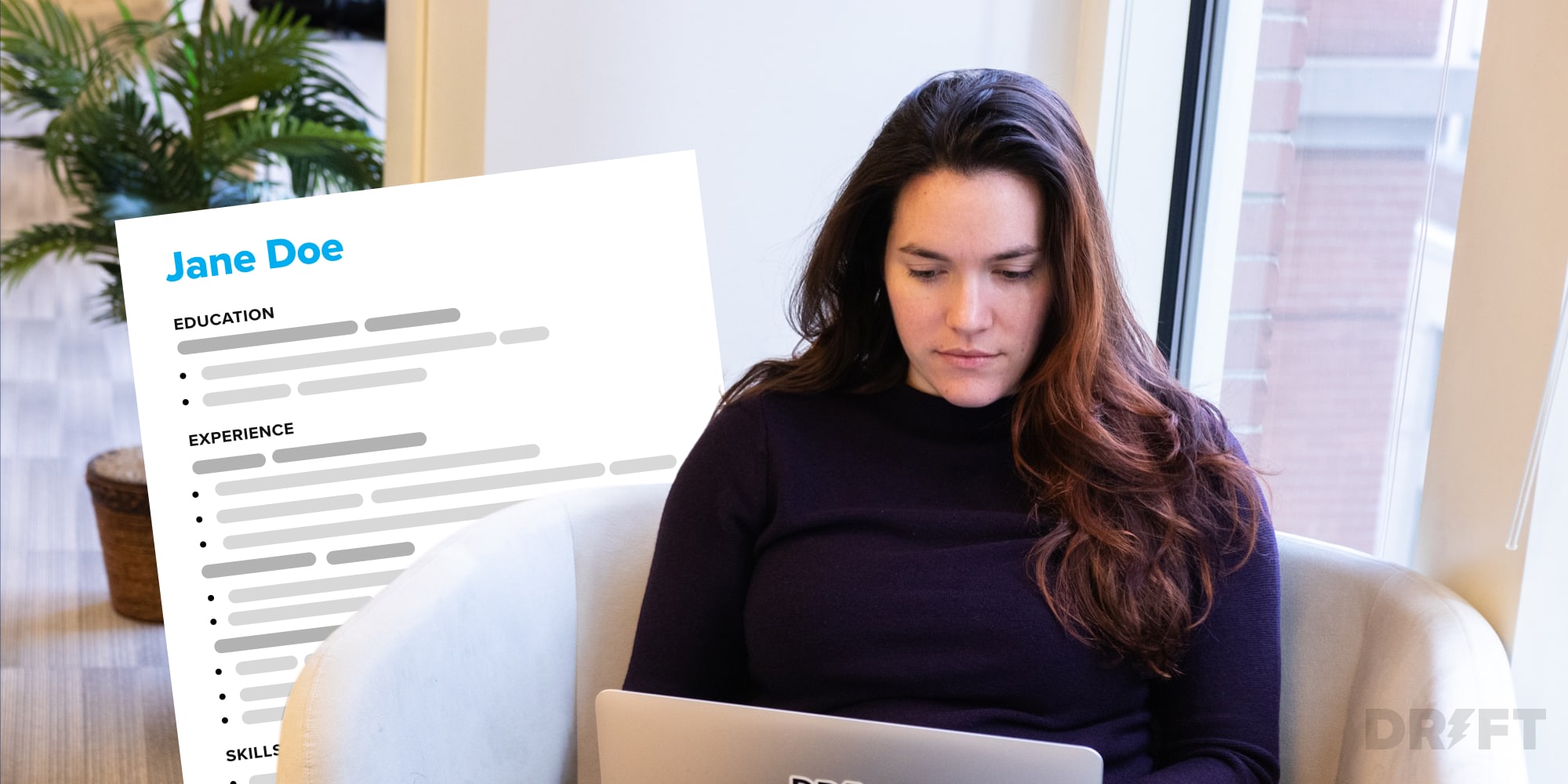
Writing a digital marketing resume isn’t exactly like other forms of resume writing, because there are specific things that marketing leaders look for when hiring. That might include creativity, a focus on results, or technological know-how.
You need to stand out, but how can you when you find yourself stuck on one of these common challenges?
- You have a lot of great experience but aren’t sure how to communicate it in a way that separates you from the digital stack of resumes.
- You have zero experience and don’t know how to make that a non-issue.
- You have some experience but want to pivot (sorry for the use of 2020’s most overused word) to a new role.
We’re covering all of this – plus offering examples and templates – so you can overcome those resume writing woes.
The Makings of an Irresistible Digital Marketing Resume
If you want to update your LinkedIn profile with a digital marketing job title that will make you feel like a total boss, then you need to be willing to spend time improving your resume.
Most Important Things You’re Trying to Communicate
So what should you include in your resume? It can feel overwhelming, but really there are only a few key things that you need to share:
- Your name, contact info, and LinkedIn profile
- How you can contribute to the company (this goes in your cover letter and/or professional summary section)
- Your work experience
- Your education
- Your core skills
- The technology and software you’re experienced using
- Your certifications or other professional development programs
- What makes you different from other marketers (this goes in your cover letter and/or professional summary section)
Hopefully having it listed out clearly at least helps you feel in control of writing your resume.
Especially if you’re an experienced digital marketing professional, you should be able to communicate some expert thought leadership about your approach to marketing…your marketing ethos, if you will.
You should do this not only in your cover letter and different sections of your resume, but also on your LinkedIn profile.
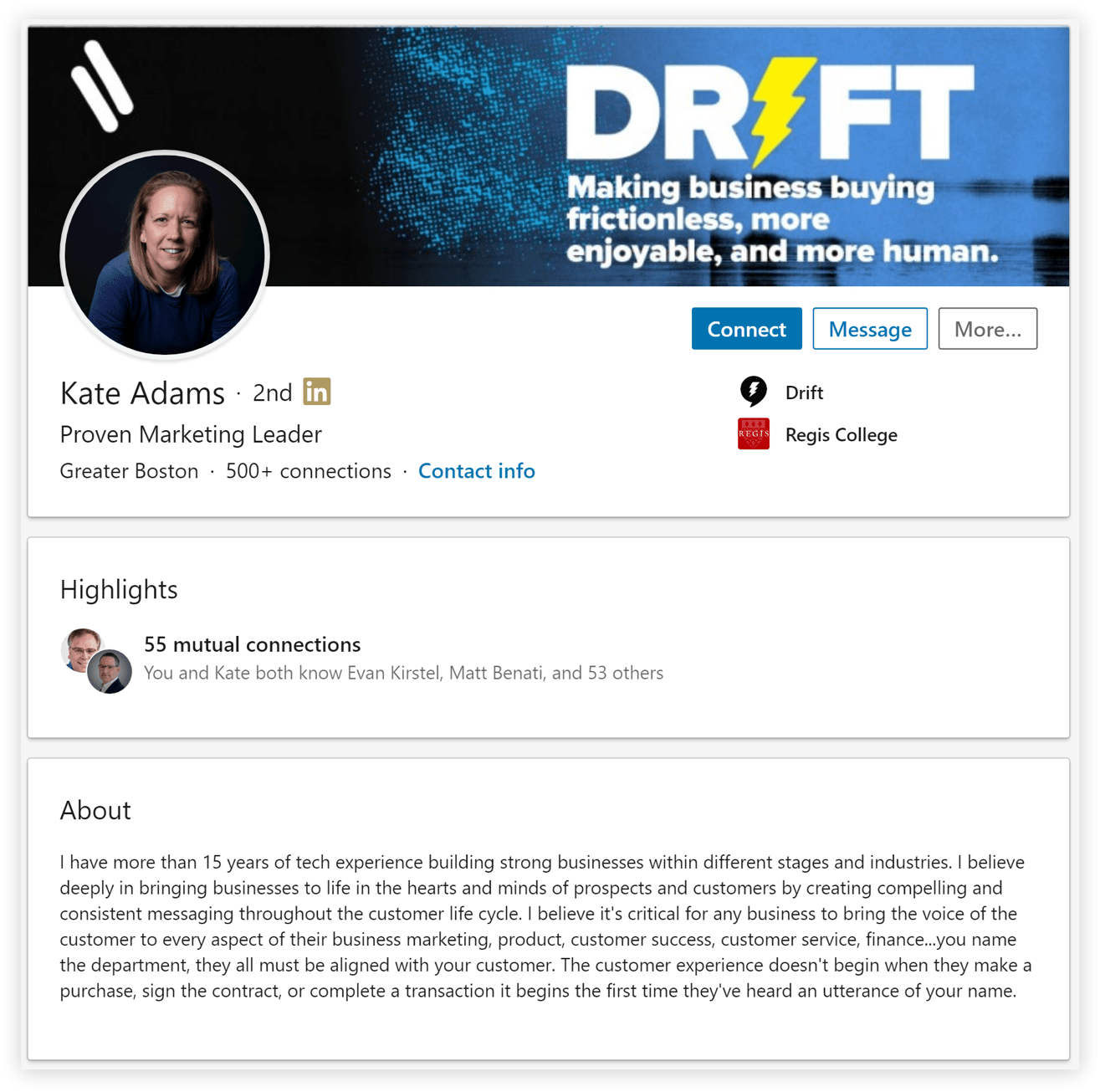
In your resume, you might also want to include this optional info if it’s important to you or if you’re needing to make up for a lack of relevant work experience:
- Any awards you’ve earned
- Any volunteer work you’d like to share
What Will Make You Stand out from the Sea of Applicants
In digital marketing, there are a few key things that will help you stand apart from at least 85% of the applicants who aren’t doing the following:
- Talk about how you can help the company, instead of just talking about yourself, your skills, and what you want
- As much as possible, focus your skills, professional summary, and work experience on a few core areas of expertise that you want to highlight
- Use numbers and growth metrics in your work experience whenever possible, in order to show that you are focused on measurement and results (even if you can’t measure direct revenue impact, you can likely measure growth in subscribers, leads, traffic, or something else)
How to Bulk Up Your Resume If You Don’t Have Tons of Experience (or the Right Kind)
It is possible to get a great job in digital marketing with no previous experience. It’s also possible to switch to a new digital marketing role, or to jump to a different industry.
Here’s how:
- Certifications – Brush up with digital marketing certifications from companies like Hubspot, SEMrush, and others.
- Courses – Even if an online course or program doesn’t offer a certification, you can still list it in your education section.
- Portfolio/side projects – Some of the best digital marketers have side projects outside of their day job that act as a portfolio into what they can do (an example being Louis Grenier of Hotjar and his Everyone Hates Marketers podcast).
- Internships – An internship doesn’t have to be full time. It also doesn’t have to be a competitive one with a super famous company. You can reach out to local marketing agencies and ask for a five hour per week unpaid internship. Or, if you know you want to work in a certain industry, like fashion, you could reach out to smaller businesses within this niche, such as a clothing ecommerce store.
- Reframe the experience you do have – Give yourself some credit! You’re probably plenty qualified. Maybe you just need to reframe what you’ve already accomplished. If you want to move into paid ad management and that was only 10% of your previous job, just list it first in your experience section instead of burying it. Figure out ways to highlight where you’re headed, not just where you’ve been.
The Main Resume Sections You Need to Include
Now let’s dissect the ideal digital marketing resume and study its parts.
The key parts are:
- Professional Summary
- Core Strengths
- Professional Experience
- Education
- Technology Skills
Professional Summary
What it is:
In this section of your resume, you give a very brief overview of what skills you have and how you can add value to the company. In just two to four sentences, you need to show the hiring manager why they should keep on reading your resume. This section has come to replace the previously popular objective statement.
Example:
Passionate and data-driven search engine marketer with 3+ years of experience managing high-performing campaigns on Google and Bing. Contributed to SEM campaigns that generated 5x the ROI. Seeking SEM position with a larger brand that helps me grow my skills with campaign optimization, budget management, and attribution.
Tips for writing it:
Writing this section is no simple task. To make it doable, get super clear on what exactly you’re trying to communicate before you type a single word. Otherwise, you’ll fumble.
Here’s what you need to be on clear before attempting to word it perfectly:
- Your core skills, preferably one or two (such as content marketing and inbound marketing or digital advertising and content management)
- What you want in a new role that you maybe didn’t get to have previously (for example building one brand if you’ve been at an agency)
- What makes you different from other marketers (such as loving to create content or being great at tracking and analytics)
When you get clear on those things, the writing should flow much smoother. Keep scrolling for three digital marketing resume examples to help inspire you.
Core Strengths
What it is:
Here, you’re going to make it loud and clear what you’re good at and where you want to take your career. Think of this as a high-level skills section.
Example:
Paid Ad Management | A/B Testing | Landing Page Design | Copywriting | Audience Targeting Strategy
Tips for writing it:
Towards the top of your resume, right after the professional summary, list out four to eight core skills, not only those you already have down pat but also those you want to grow.
Professional Experience
What it is:
A running list of your recent and relevant job experience. Ideally, you’ll list out your past two to four jobs and what you achieved.
Example:
Content Marketing Manager
June 2017 – May 2020
Company Name
Brooklyn, New York
Strategize Inbound Funnels – Developed the funnel strategy that increased sales of a product from 50 units per day to 1000 units per day.
Accelerate Brand Growth – Leveraged social media, video marketing, and influencer marketing to grow brand reach by 900% across all platforms.
Tips for writing it:
Make sure you focused not only on what you did, but where possible, the results you were able to achieve. Here’s a great resource for getting you inspired to quantify results.
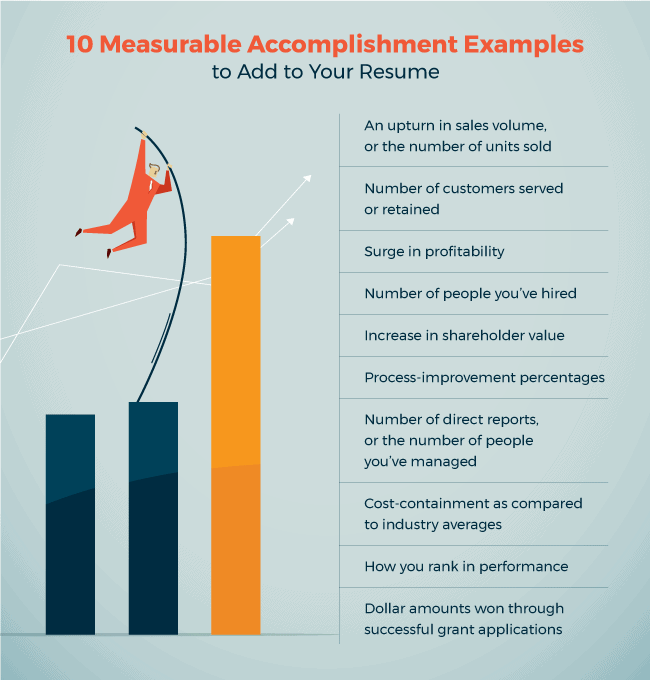
Image Source
Also, if you’re not sure which jobs to include, you can weed out anything marketing related from 10+ years ago or anything that is irrelevant to digital marketing from the past few years. For recent jobs that aren’t marketing related, include them because it shows that you have employment experience.
If you don’t have previous experience in marketing, then bulk up your education section with courses and credentials.
Education
What it is:
In this section, you can include not only your formal education but also your digital marketing certifications and courses.
Example:
Bachelor of Arts in Marketing – California State University, Northridge
Content Marketing Certification – HubSpot
SEO Copywriting Certification – SEO Content Institute
Tips for writing it:
If you have plenty of work experience, you can include your formal education and the best one to three certifications under your belt. If you don’t have relevant work experience, then you might want to bulk up this section with three to six certifications and quality courses or other professional development programs.
Technology Skills
What it is:
Here, you’ll list out your digital marketing skills with different tech and software. Contrary to the core strengths section, you’re getting a little more detailed here and focusing on platforms.
Example:
Paid Marketing – Google, Bing
Research and Reporting Tools – SEMrush, Google Analytics, SimilarWeb
Additional Software – WordPress, Webflow, Google Optimize
Tips for writing it:
Make sure that the technology skills you list directly relate to your professional summary and your core strengths.
And Don’t Forget Your Contact Info in Your Resume Header
Be sure to put your name and contact information in the header of your resume.
Here’s what you should include:
- Email address
- Cell phone number
- LinkedIn profile
- If you’re a content marketer or social media marketer, consider adding other social profiles, blog URLs, podcast URLs, etc. only if you have a decent following and the content and community management demonstrates your skills
3 Digital Marketing Resume Examples to Swipe
Time for the examples. While the structure is similar, our examples for a digital marketing manager, an entry-level marketer, and a specialist marketer all include unique variations.
Digital Marketing Manager Resume Example
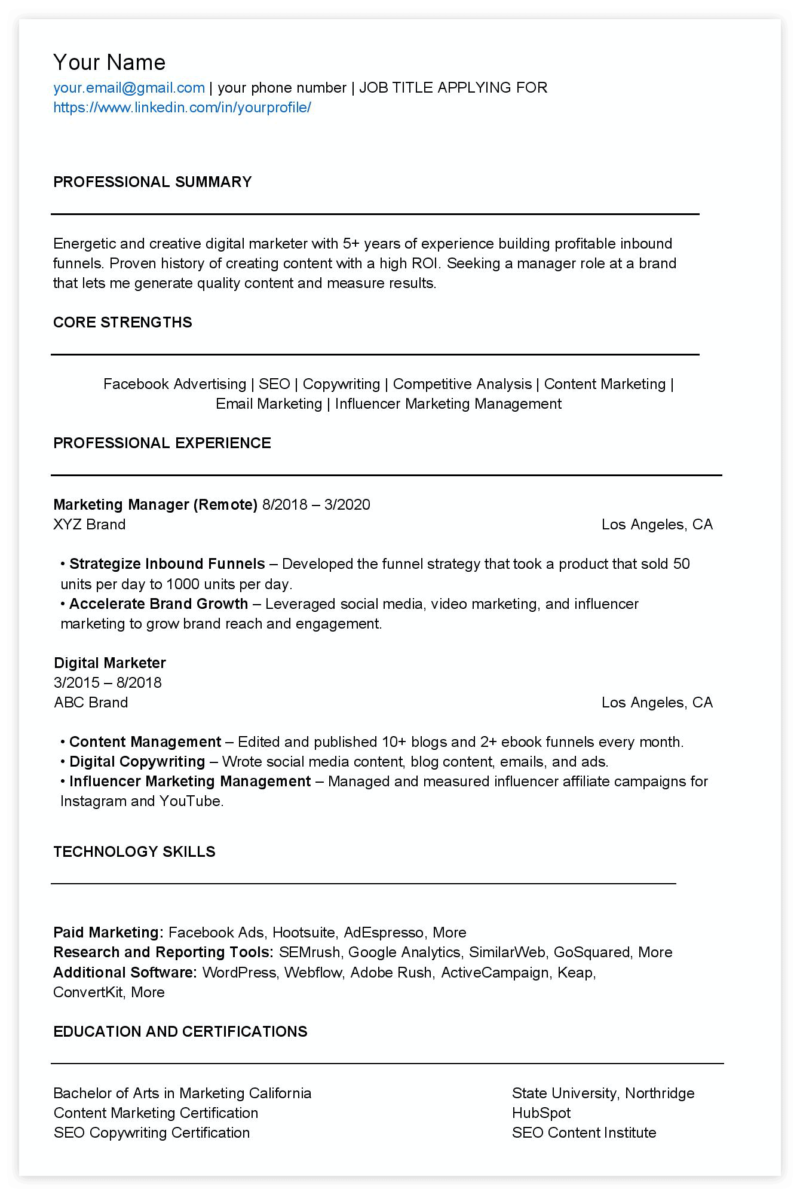
What makes it great:
As a hopeful digital marketing manager, you need to show mastery and expertise. Simply listing out your responsibilities isn’t enough. You need to showcase results. If you can directly attribute your work to an increase in leads or sales, then be sure to give those numbers.
This resume also does a great job in the professional summary section.
Key ways to improve your own resume:
- Use stats and numbers wherever possible in your experience descriptions
- Show the variety of skills you have but also narrow them down to avoid looking like a jack of all trades
- Leave out years of education at your discretion
Entry-Level Digital Marketer Resume Example
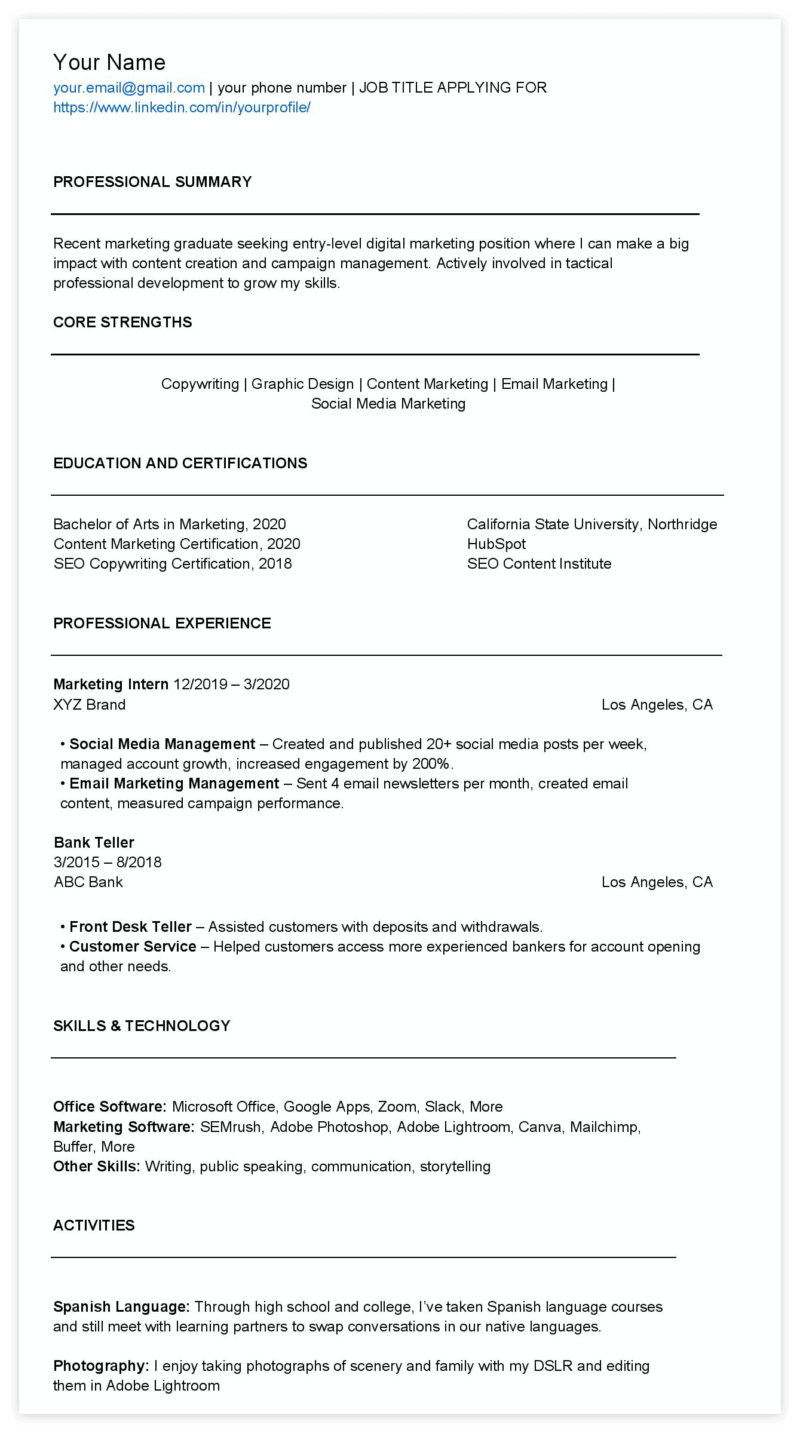
What makes it great:
When 87% of recruiters say that having a four-year degree makes entry-level candidates more competitive, you should listen. If you don’t have much professional experience within digital marketing, but you have plenty of education, then simply flip the script.
This digital marketing resume example places education above work experience. It also lists additional types of skills including soft skills as well as extracurricular activities. The goal of this resume template is to help you show that you have potential, even if you don’t have experience.
Key ways to improve your own resume:
- Move education above experience
- Include non-marketing job experience only if you held the jobs for 1 year or more and if they were recent
- Add soft skills as well as hard skills
- Add certifications and professional development
- Add any activities or extracurriculars
- Put the years of your education and certifications
Specialist Digital Marketer Resume Example

What makes it great:
With this digital marketing resume example, a specialist very clearly showcases that they’re an expert in one specific area (search engine marketing), but also shares that they have room to grow.
By communicating advanced areas of desired growth in the professional summary, this resume helps the job seeker show that they not only care about up-leveling their skills but also that they want to do so in a way that will benefit their employer.
Key ways to improve your own resume:
- Highlight the area of specialization in your professional summary
- In your skills section, include skills relevant to that specialization
- Include metrics and results with job experience relevant to that specialty
- If other tasks were performed in previous jobs (aside from the specialty), then include the best ones but be sure to frontload the specialty
Perfecting Your Resume Format
As mentioned above in our dissection of the resume, this is the standard format that most job seekers should follow:
- Contact Information
- Professional Summary
- Core Strengths
- Professional Experience
- Education
- Technology Skills
However, there are some instances where you might switch this around a little bit.
Organize the Sections to Fit Your Experience Level
Someone who’s already got experience in their desired position can use the above structure. But what if that’s not you? Here are some other options you can try.
- No experience – Put education above professional experience. Add in additional sections for extracurricular activities, creative interests or hobbies, or volunteer work.
- Unconventional experience – List your unconventional experience as professional experience, and make your title founder, consultant, or whatever fits. For example, if you have never had a digital marketing job, but you run a blog, you can call yourself “founder and blogger.” Be sure to include the blog URL and any growth statistics on traffic and followers.
- Unrelated experience / pivoting – If your experience is only slightly unrelated to what you want to do, you can probably use the same standard format and just highlight or reframe what little experience you do have to put it front and center. If it’s very unrelated, you might want to move education above professional experience and include relevant certifications. Also, consider moving technology skills higher up too.
Bonus: How to Write an Incredible Cover Letter
When a hiring manager reads your cover letter, you probably don’t want to elicit the emotional response that’s equivalent to “arghhhh” 👇
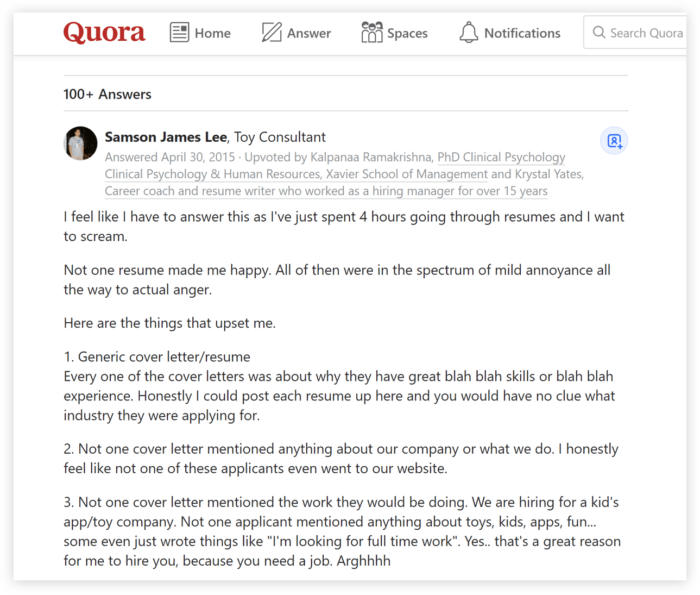
You might be frustrating your cover letter readers unknowingly.
Are you committing some of these cover letter mistakes?
- Focusing only on yourself, your skills, and your experiences
- Not talking about how you could uniquely help the company you’re applying to
- Not talking about your personal passion for the industry or target customer of the company you’re applying to
- Not sharing results you’ve created in the past
Instead, be sure to include not only your skills and experience, but also why you care about the company you’re applying to, what you already know about their industry, and also the results you’ve gotten for employers in similar roles in the past.
Cover Letter Example for Digital Marketing Job Listings
Here’s an example of a cover letter for a content marketing management position where the roles and responsibilities include not only SEO content but other forms of copy including landing pages and web pages as well.
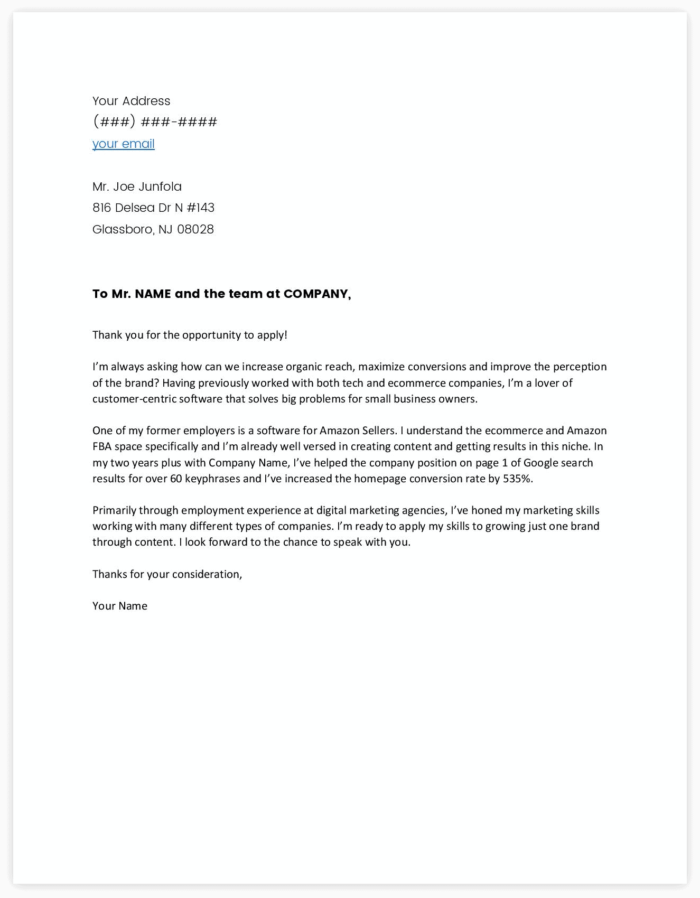
In this example, the cover letter writer hooks the reader by starting off with a question. Then, the skills and experience are summarized. In the second paragraph, the cover letter includes information on knowledge of the industry. The entire tone of the cover letter is upbeat, passionate, and positive.
So how can you write a winning letter yourself?
A Template for Writing Your Own Awesome Cover Letter
Here’s a template for writing a successful cover letter that encourages hiring managers to read your resume and offer you an interview.
- First sentence – Personality-filled hook or interesting professional objective.
- First paragraph – Your professional experience and skills.
- Second paragraph – Your knowledge of what the company does, their industry, and their customers. How you plan to help. What results you’ve gotten in similar positions at other companies (even if not in the same industry).
- Third paragraph – More information about your professional objective and what you’re looking to achieve, including why you’re a great candidate.
Writing a resume isn’t always easy, but as a digital marketer, if you consider what your audience (the hiring manager) really wants, you’ll have a better chance of coming out on top.




